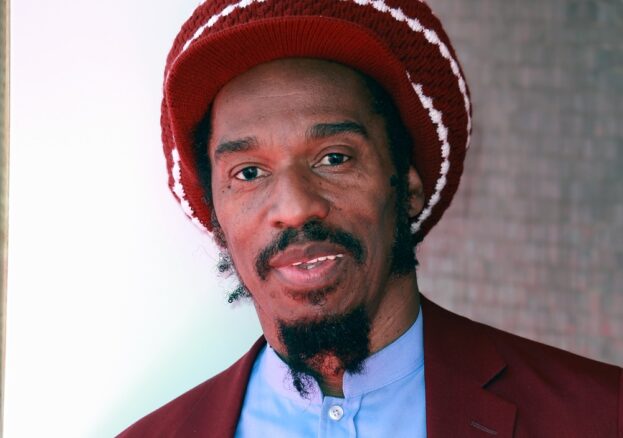
Born in Birmingham, England, on 15 April 1958, Zephaniah’s early life in the working-class district of Handsworth laid the foundation for his unique perspective. His upbringing in a society marred by racial and class disparities informed his worldview, driving him to give voice to the voiceless through his rhythmic ‘dub’ poetry. His work was a departure from traditional literary forms, making poetry accessible and relevant to a wider audience. This was particularly significant for those who felt marginalised by the mainstream literary community.
Zephaniah’s poetry was not only a medium of artistic expression but also a tool for social change. His powerful verses addressed a range of issues from racism, and inequality, to the plights of refugees. He became a prominent figure in the British anti-racism movement, and his activism extended beyond the written word. His public rejection of an OBE in 2003, citing the British empire’s history with slavery, exemplified his commitment to his principles and his unwavering stand against institutional racism.
His literary prowess was evident in his numerous collections of poetry, including ‘Rasta Time in Palestine’, ‘Too Black, Too Strong’, and ‘City Psalms’. These works were celebrated for their lyrical quality and their potent commentary on social and political issues. Zephaniah’s poetry was a fusion of passion, politics, and the power of language, which earned him both critical acclaim and a devoted following.
Beyond poetry, Zephaniah’s contributions to children’s literature and theatre were significant. His children’s books, such as ‘Face’, ‘Refugee Boy’, and ‘Gangsta Rap’, dealt with complex issues in a manner that was both engaging and educational for young readers. His plays often explored themes of cultural identity and social justice, resonating with audiences across the UK.
Zephaniah’s influence extended into the realms of music and television. He was a respected figure on the music scene, known for his reggae and Rastafarian-inspired performances. His appearances on television programs and documentaries helped to raise awareness about various social issues, from racial equality to criminal justice reform.
Despite his success, Zephaniah remained deeply connected to his roots. He was a regular visitor to schools and community centers, where he inspired young people with his life story and encouraged them to express themselves through poetry and art. His work in these communities was a testament to his belief in the power of art to effect social change.
In his later years, Zephaniah continued to be a dynamic presence in the world of activism and literature. His unwavering commitment to social justice issues and his continued literary output kept him at the forefront of public discourse. His final works remained as poignant and powerful as his early poetry, reflecting a life dedicated to challenging injustices and promoting equality.
Zephaniah’s legacy is multifaceted. As a poet, he revolutionized the way poetry was perceived and appreciated in Britain. As an activist, he was a beacon of hope and a source of inspiration for those fighting for a more equitable society. His life was a testament to the power of resilience, creativity, and unwavering conviction.
As we mourn the loss of Benjamin Zephaniah, we also celebrate his extraordinary life. He was a man who used his talents to fight for a better world, and his legacy will continue to inspire future generations. His poetry, activism, and undying spirit will live on, reminding us of the power of words to change the world. In remembering this legend, we not only honour his memory but also reaffirm our commitment to the ideals he championed throughout his life. Benjamin Zephaniah’s journey from the streets of Birmingham to international acclaim is a story of triumph, resilience, and the enduring power of art to effect change.
